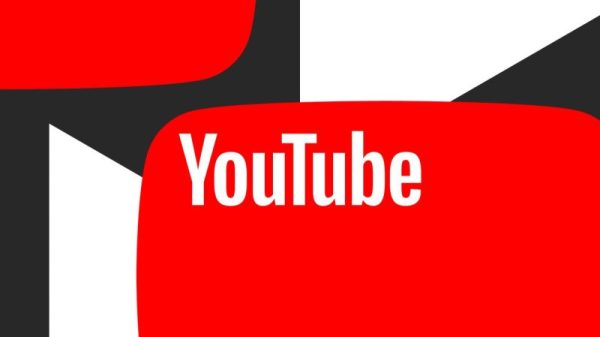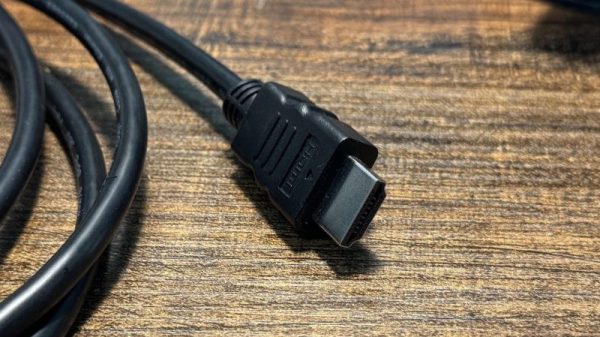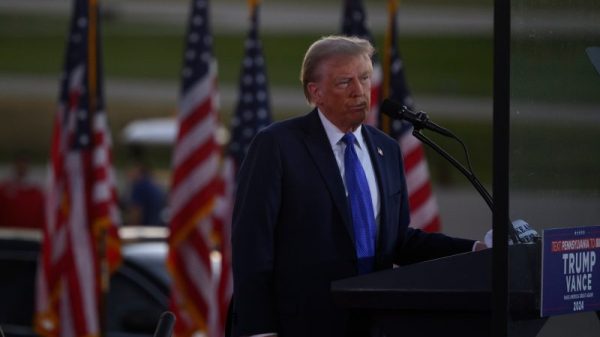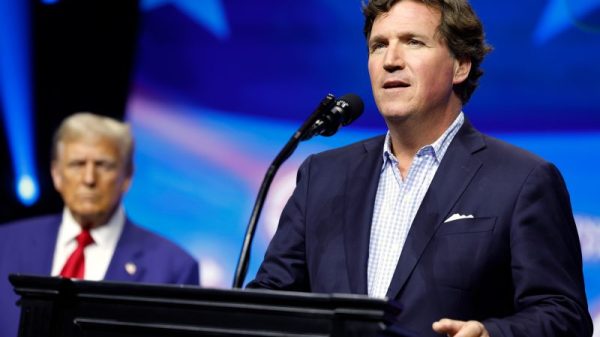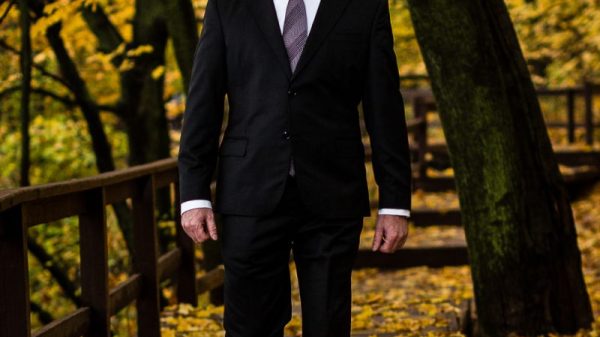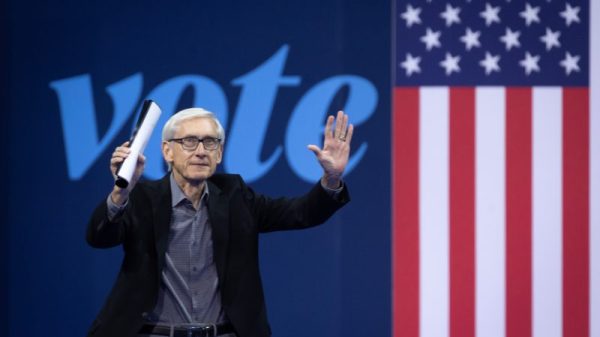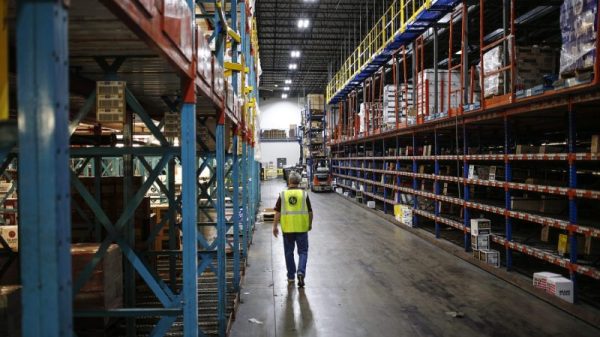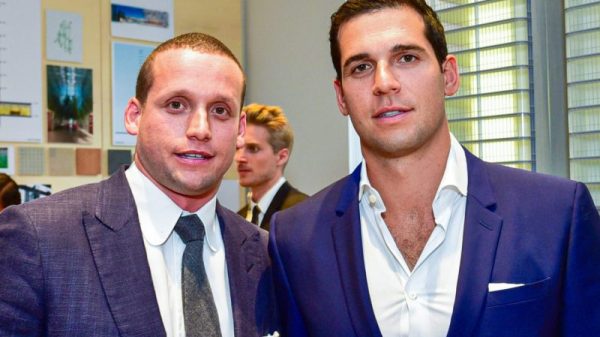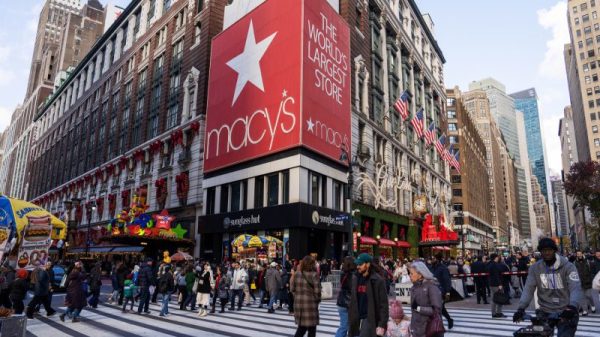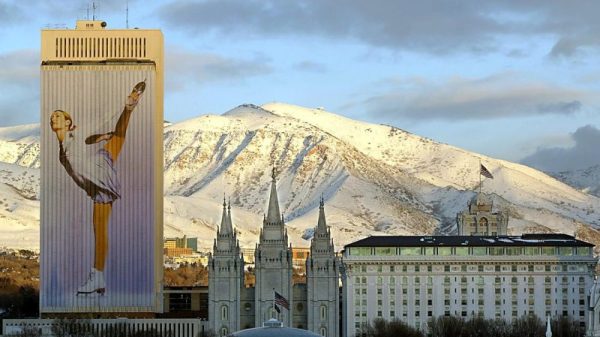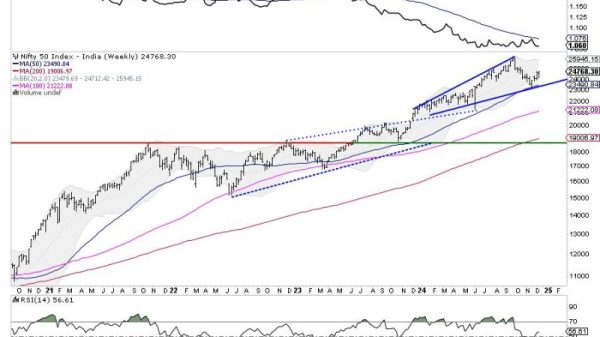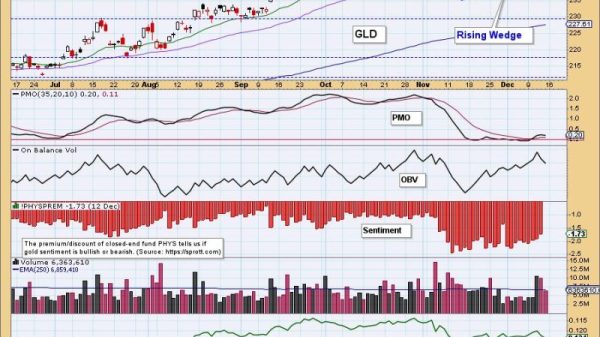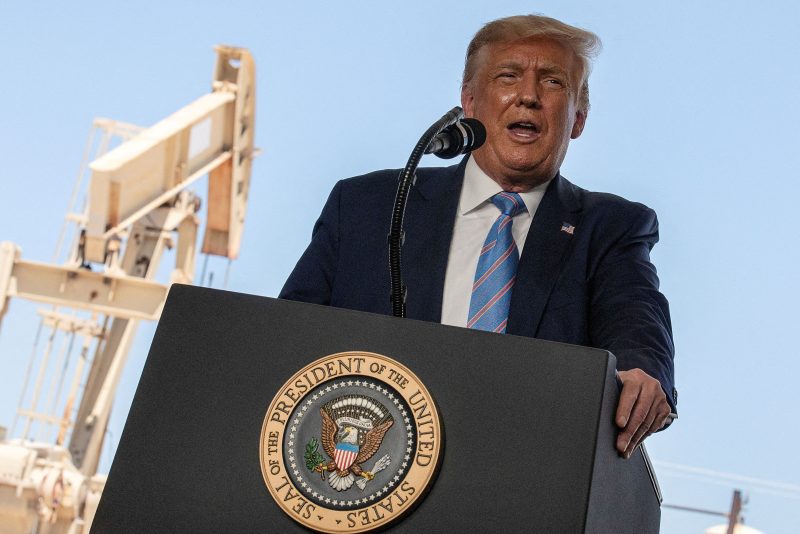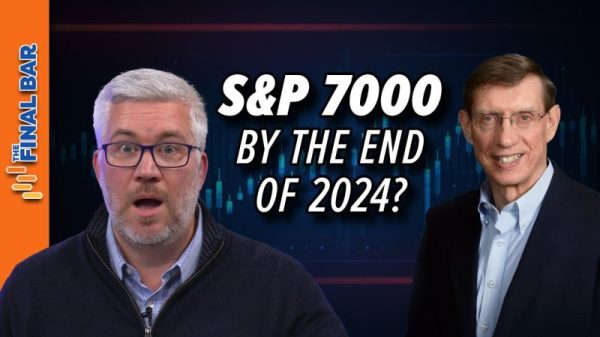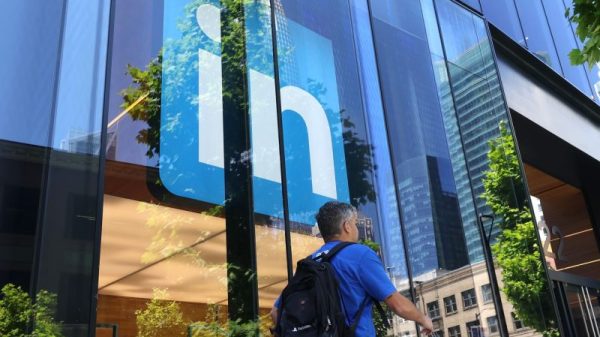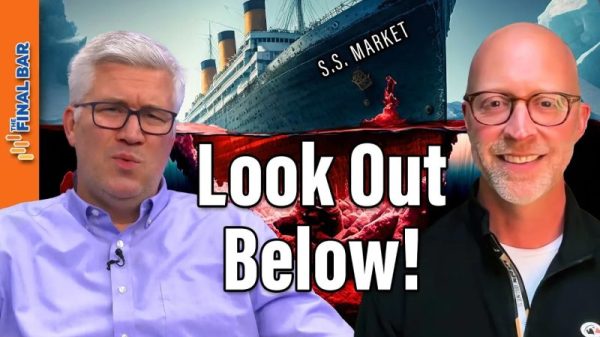Over the past four weeks, The Washington Post’s Josh Dawsey and colleagues have done yeoman’s work documenting what Donald Trump is telling donors behind closed doors.
The emerging picture is of a candidate who bears little resemblance to the anti-special-interest, “drain the swamp” candidate Trump pitched himself as to voters in 2016. Today’s Trump sounds a lot like someone the 2016 version of Trump would denounce.
While Trump back then derided the transactional nature of campaign donations, lobbyists and special interests, he has repeatedly in recent weeks made transactional-sounding pitches to potential donors. Some have been pretty direct.
From The Post’s reporting:
In an April meeting at Mar-a-Lago with oil executives, one of them complained about spending $400 million to lobby the Biden administration. Trump responded that the donors should instead raise $1 billion to return him to the White House, calling it a “deal” because of the tax breaks and deregulation they could get from him as president. The $1 billion comment left several of the executives “stunned,” Dawsey and Maxine Joselow reported.At a May 4 private luncheon at Mar-a-Lago, he told attendees, “Anyone who makes a $1 million donation right now to the Republican Party … I will let you come up and speak.” Two donors came onstage.At the same event, Trump told donors that if he didn’t take a picture with them, it was because they didn’t give enough money. He also said a wedding on the property got preference over the donor event because it paid more per person than the donors had.At another event this month, Trump told wealthy donors that he rejected a potential lunch with a $1 million contributor. “I’m not having lunch,” Trump said he responded, according to donors who attended the event. “You’ve got to make it $25 million.”At an event with oil executives on May 22, Trump made multiple industry-friendly promises and played up his agenda before urging those gathered, “Be generous, please.”
It’s illegal to explicitly trade official acts for campaign contributions, and Senate Democrats launched a probe in mid-May after The Post’s report on the April Mar-a-Lago meeting.
Some experts say it’s not clear that even the most direct of these solicitations violate campaign finance law. And even if they did, the entity tasked with policing such things, the Federal Election Commission, is stymied by gridlock.
“The brazenness is still quite astonishing, and it certainly flies in the face of the spirit of the law, if not the letter,” Dan Weiner, director of elections and government at the Brennan Center for Justice at New York University’s law school, told The Post recently.
As notably, it flies in the face of how Trump used to talk about special interests and donors. The earlier iteration of Trump repeatedly derided not just asking special interests for money, but also the supposedly transactional nature of such things.
Such comments were common throughout his 2016 campaign, but a few stand out.
“Look, I just read an article where [Jeb] Bush is meeting with all these lobbyists in Washington, has a meeting with all these lobbyists,” Trump told CNN in July 2015. “Every one of those lobbyists that gives money, they expect something for it. And that’s a bad thing. That’s a bad thing.”
Trump made similar comments about Sen. Ted Cruz (R-Tex.).
“You need Ted Cruz’s vote? It says, ‘Call up so-and-so on K Street.’ Hundred percent, he’ll take care of it,” Trump said in March 2016 in Michigan. “He gets his million dollars, $2 million and you have your vote. You know, it’s just the way it works, folks. No good.”
In comments reminiscent of Trump’s recent comments to oil executives, Trump back then explicitly referenced Cruz’s taking oil and gas money and doing that industry’s bidding.
“When he gets money from the banks and he gets money from oil and gas, and he gets money from everything, believe me, they have him, folks. They have him,” Trump said in April 2016 in Wisconsin. “I get money from me. I really am here for one reason: to represent you, to represent you. Believe me.”
Trump repeatedly referenced a hypothetical about receiving calls from those with interests in companies such as the Ford Motor Co., and how he could tell them no because he hadn’t taken their money.
“But I don’t need the money. It’s a beautiful thing,” Trump said at an August 2015 town hall in Iowa. “So if I say that I don’t want Ford building in this case in Mexico or somewhere else … I am not going to be hit by the Ford lobby and by all the other lobbies that you know who they are better than I do. They’re not going to hit me. Because they didn’t give 10 cents to my campaign, because I don’t want their money.”
Trump could certainly argue that he is still immune from special interests, despite taking their money. He could also say that he’s merely promising to do things for industries that he was already inclined to do.
But his comments seeking huge amounts of money and at least implicitly connecting that to personal favors and official actions are a far cry from the tone he set during the 2016 campaign.
For example, Trump in late 2015 recounted a scene in which he had suggested to supporters that he might take the donations while promising not to do any favors for them.
“I said, ‘Okay, look, how about if I take the money but I swear to you I won’t do anything for these people?’ ” Trump said in Las Vegas in October 2015. “And you know what they did? They stood up and they went crazy. They hated it.”
As the 2016 campaign wore on, Trump increasingly accused the Clintons of selling “access” and “favors” to special interests.
“They’ve made hundreds of millions of dollars selling access, selling favors, selling government contracts, and I mean hundreds of millions of dollars,” Trump said in June 2016 in Redondo Beach, Calif. (The Clintons have never been charged with such crimes, and there remains no evidence to substantiate Trump’s claims of corruption.)
Trump, whose campaign is fighting from behind on the financial front, is now being pretty clear about how much he feels the need to reserve access to bigger donors giving large amounts of money.
“Hillary Clinton made her money as a corrupt public official, breaking the law, and putting her government office up for sale,” Trump said in Colorado a month before the 2016 election. “And now she’s running for president.”



